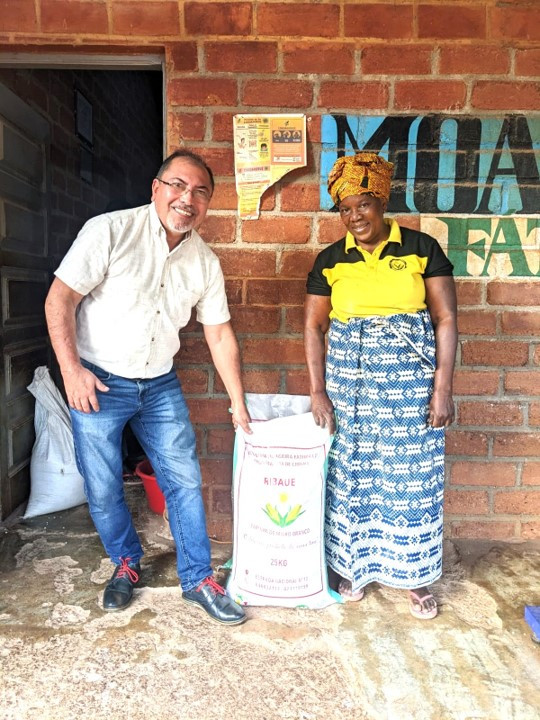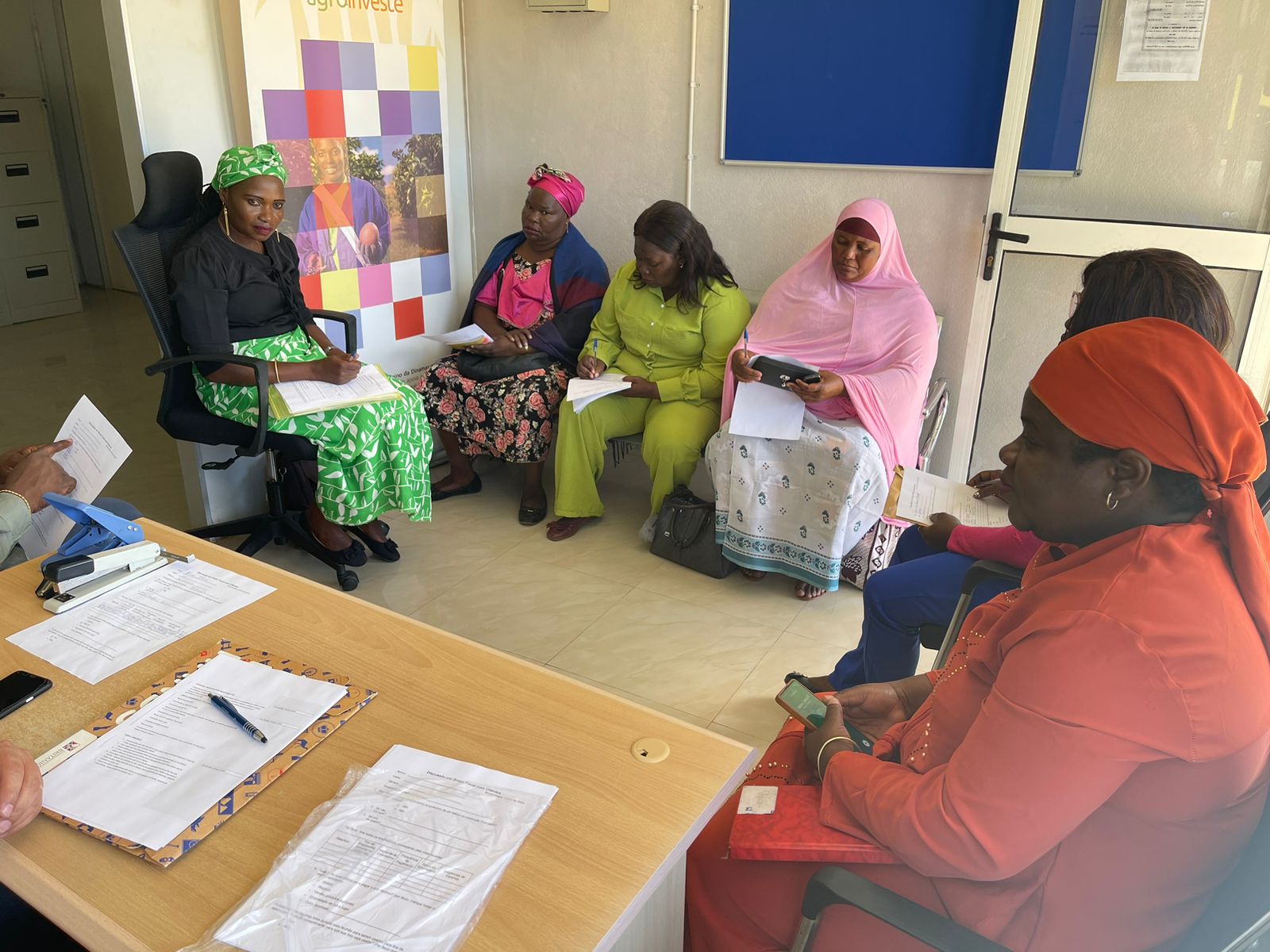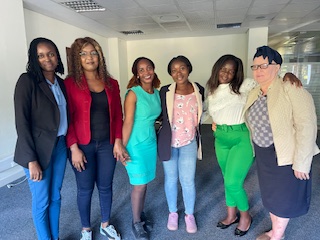
Women in rural areas face unique challenges, including limited access to finance, which hinders their entrepreneurial potential and economic independence. Addressing these challenges through gender finance initiatives can significantly enhance women's participation and leadership in the economy, fostering inclusive growth and development.
Our project “Institutional Gender Strengthening and Gender-Lens Investing in Development Finance Institutions” is a testament to this commitment. This initiative aims to enhance women's participation and leadership through investment, lending, and non-financial services. Our consulting services support the Development Finance Institutions (DFIs) in Nigeria, Mozambique, Botswana, Tanzania, and Jamaica.
As our senior project manager Agnieszka Windel explains: “This significant project aims to enhance women's participation and leadership in the economy. Working hand in hand with our partner banks and their gender equality champions, we will mainstream internal structures and processes that foster gender equality within their institutions”.

A crucial aspect of our approach is the identification and empowerment of gender champions within DFIs. These individuals promote and sustain gender equality across the organization, ensuring that gender considerations are integrated into every level of decision-making and project development. Gender champions are critical for DFIs because they:
- Influence key decision-makers: They ensure that gender equality is prioritized at the highest levels of the institution. Gender champions lead by example, advocating for gender equality in high-level decision-making forums and working towards institutional commitment to gender mainstreaming.
- Promote gender mainstreaming: They help embed gender considerations into all areas, from leadership to operations. By raising awareness about gender equity, they contribute to better development outcomes and economic growth, fostering a more diverse and inclusive culture.
- Create accountability: They work to integrate gender perspectives into the institution’s operations, policies, and practices. Gender champions track progress and advocate for sustained efforts towards gender equality, ensuring that gender considerations are integral to project design, implementation, and evaluation.
We have completed institutional gender assessments for four DFIs: TIB Development Bank in Tanzania, Bank of Industry Nigeria, Development Bank of Jamaica, and Investment Society (Gapi) Mozambique. The assessment for the fifth DFI, the National Development Bank of Botswana, is being finalized.
Our consultants Jane Onoka and Suzanne Akulu Okao visited the National Development Bank of Botswana (NDBB) in Botswana to conduct a gender assessment. We focus on promoting gender-lens investing and improving monitoring frameworks to better serve women entrepreneurs.
Jane Onoka remarks: “The project is off to a great start with the gender assessment successfully underway. The results of the assessment will inform NDBB’s strategy for gender-lens investing, which is becoming a must for forward-looking institutions”.
Following these assessments, we are now developing gender policies, strategies, and action plans for all DFIs. Additionally, we will develop M&E frameworks, refine financial and non-financial products for selected DFIs, and support others in accessing international funding for gender initiatives.

Several organizations have successfully implemented the concept of gender champions:
- International Gender Champions Network: The United Nations Secretary-General, as part of this network, has promoted inclusive policies that transform institutional cultures.
- European Investment Bank (EIB): EIB’s “Gender Action Plan” has incorporated gender-specific indicators and data collection methods, ensuring that women benefit equitably from their investments.
- African Development Bank (AfDB): The AfDB’s “Africa Gender Equality Index” resulted from internal gender champions advocating for gender-focused data collection, demonstrating how such practices contribute to inclusive economic growth across Africa.
Gender champions are essential agents of change within DFIs, ensuring that gender equality is fully embedded into the fabric of the institution. Their work ensures that gender considerations are not seen as isolated efforts but as integral to the overall mission and goals of DFIs. As more institutions embrace gender champions, the movement toward sustainable, inclusive development will accelerate, providing lasting benefits for individuals and communities alike.
On this International Day of Rural Women, we celebrate the tireless efforts of our project teams and gender champions who are driving impactful change in the global development landscape. Together, we are committed to fostering gender equality and empowering women entrepreneurs worldwide.
The project Institutional Gender Strengthening and Gender-Lens Investing in Development Finance Institutions is part of the Investment Climate Reform (ICR) Facility, co-funded by the European Union (EU), the Organisation of African, Caribbean and Pacific States (OACPS), the German Federal Ministry for Economic Cooperation and Development (BMZ), and the British Council. It is implemented by GIZ, the British Council, Expertise France, and SNV.
For more information, please contact agnieszka.windel [at] gopa-afc.de.
